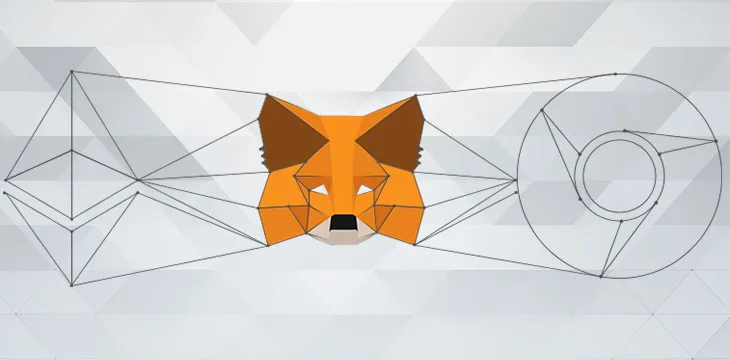|
Getting your Trinity Audio player ready...
|
Google has taken down MetaMask from Play Store. The Ethereum wallet and decentralized application revealed the suspension on Twitter. Google purportedly cited its policy against crypto mining apps as the reason for the suspension.
MetaMask tweeted:
In the last week, the MetaMask Android client was suspended by the Google Play App Store @googleplaydev. They cited their policy that bans mining on mobile, which we don't. Appeal rejected. #ProtectWeb3.https://t.co/rfP4EbOAqv!?zippy_activeEl=cryptocurrencies%23cryptocurrencies
— MetaMask 🦊🫰 (@MetaMask) December 26, 2019
The company had appealed Google’s decision to no avail. MetaMask insisted that it doesn’t allow crypto mining on its app. “It’s unclear whether the reviewer doesn’t understand the policy, or whether they are enforcing an unwritten policy,” the company stated.
MetaMask’s Twitter outrage caught the eyes of the Google Play development team which promised to intervene and escalate the issue. No action has been taken at press time.
The company attacked Google’s recent anti-crypto campaign, urging the crypto community to come together against “disintermediation.”
“If left banned, we will be working on other ways of bringing our services to users still stranded on the Android platform while they migrate to something more free. The story will not stop here, and it certainly won’t stop with the Goliath winning.”
MetaMask lead developer Dan Findlay said that he hoped that the suspension was a genuine mistake. If not, Google was waging a serious war against the crypto industry. He told Cointelegraph, “I very much hope that this was an honest mistake on the part of Google’s reviewers, but in combination with all the crypto YouTube bans, it definitely puts me at disease about how Google is engaging with decentralizing technologies. If people accept this behavior from a mobile monopoly like Google, we may not deserve something better.”
This isn’t the first time Google has clashed with MetaMask. In July 2018, Google’s Chrome browser unlisted MetaMask from its web store. Users were still able to install the wallet manually on their Chrome browsers, however.
Google-owned YouTube outraged the crypto community just days ago after it took down several crypto-related videos. The video-sharing giant cited harmful or dangerous content as the reason for its action. However, it quickly realized the colossal mistake it had made, apologized and announced that it had restored all crypto content. The statement has done little, according to some YouTubers who claim that their content hasn’t been recovered.
5/ Just noticed today's new strike is gone and a FEW videos are back (but dozens are still missing).
— Chris Dunn (@ChrisDunnTV) December 26, 2019

 07-13-2025
07-13-2025 





